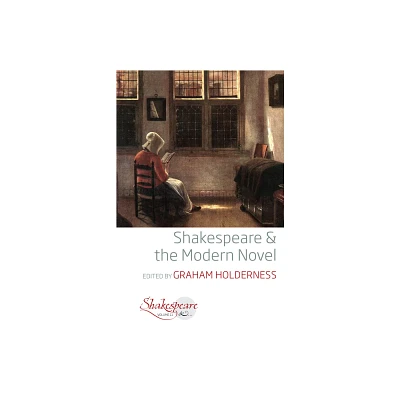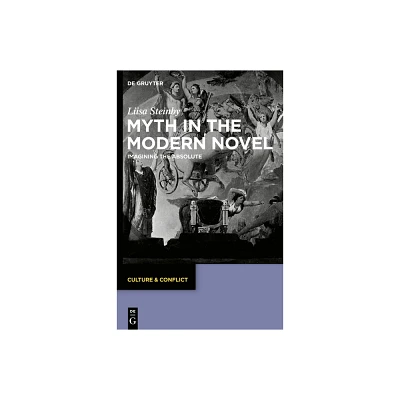Home
The Story of Flamenca: The First Modern Novel
Loading Inventory...
Barnes and Noble
The Story of Flamenca: The First Modern Novel
Current price: $7.99


Barnes and Noble
The Story of Flamenca: The First Modern Novel
Current price: $7.99
Loading Inventory...
Size: OS
*Product Information may vary - to confirm product availability, pricing, and additional information please contact Barnes and Noble
The "Roman de Flamenca" occupies a unique place in Provençal literature. "It has," says Meyer, "nothing in common with the old Carolingian and Breton traditions; its subject is not borrowed from the legends transmitted by antiquity to the middle ages; nor would it be possible to see in it one of those popular narratives which are to be found in practically every literature, and whose impersonal character renders it impossible to determine their origin. "Flamenca" is the creation of a man of talent who wished to write an agreeable work representing the most brilliant aspects of courtly life in the twelfth century. It is a novel of manners. As such it has affinities with certain "romans d'aventure," in the northern idiom, which similarly combine a sentimental intrigue with the representation of a particular milieu. "Flamenca," however, is far superior to any of these in its delicacy, in its verve, in its richness, in the truthful delineation of its characters, and in the bold originality of its conception. Thus it stands alone, not only in Provençal literature, but in medieval literature generally, and may be called, without exaggeration, the first modern novel.
The unique manuscript of "Flamenca" is incomplete. Among the pages missing are the first and last. Hence we have no knowledge of the author or of the date of composition. The latter has been placed approximately in the first half of the thirteenth century. At that time the splendour of the little courts south of the Loire had waned; but the poet shows us the largeness and liberality that had reigned there, while his lightness of tone reflects that relaxing of the old restraints in a sophisticated and pleasure-loving society, which stern moralists would, no doubt, hold responsible for the ensuing swift decadence. Love was the one real religion of the upper classes, and the code of lovers, hardened into a vast, complicated system, constituted the sole effective morality. Flamenca and Guillem are characteristic products of this system, and its perfect exponents. Their acceptance of it is complete. Never does any doubt enter the mind of either as to the sovereignty of the rights conferred by mutual love. Both regard themselves as accomplishing a sacred duty in going directly--or as directly as possible--to the goal of their desire. At the same time, there are forms to observe, and our two lovers are so scrupulous in their observance that they may occasionally seem engaged much more in going through an elaborate ritual than in pursuing dangerously a passionate adventure. Yet the danger was there, and Flamenca never forgets that if, in a sense, she is playing a game, it is a game the stake of which is death.
The unique manuscript of "Flamenca" is incomplete. Among the pages missing are the first and last. Hence we have no knowledge of the author or of the date of composition. The latter has been placed approximately in the first half of the thirteenth century. At that time the splendour of the little courts south of the Loire had waned; but the poet shows us the largeness and liberality that had reigned there, while his lightness of tone reflects that relaxing of the old restraints in a sophisticated and pleasure-loving society, which stern moralists would, no doubt, hold responsible for the ensuing swift decadence. Love was the one real religion of the upper classes, and the code of lovers, hardened into a vast, complicated system, constituted the sole effective morality. Flamenca and Guillem are characteristic products of this system, and its perfect exponents. Their acceptance of it is complete. Never does any doubt enter the mind of either as to the sovereignty of the rights conferred by mutual love. Both regard themselves as accomplishing a sacred duty in going directly--or as directly as possible--to the goal of their desire. At the same time, there are forms to observe, and our two lovers are so scrupulous in their observance that they may occasionally seem engaged much more in going through an elaborate ritual than in pursuing dangerously a passionate adventure. Yet the danger was there, and Flamenca never forgets that if, in a sense, she is playing a game, it is a game the stake of which is death.


















